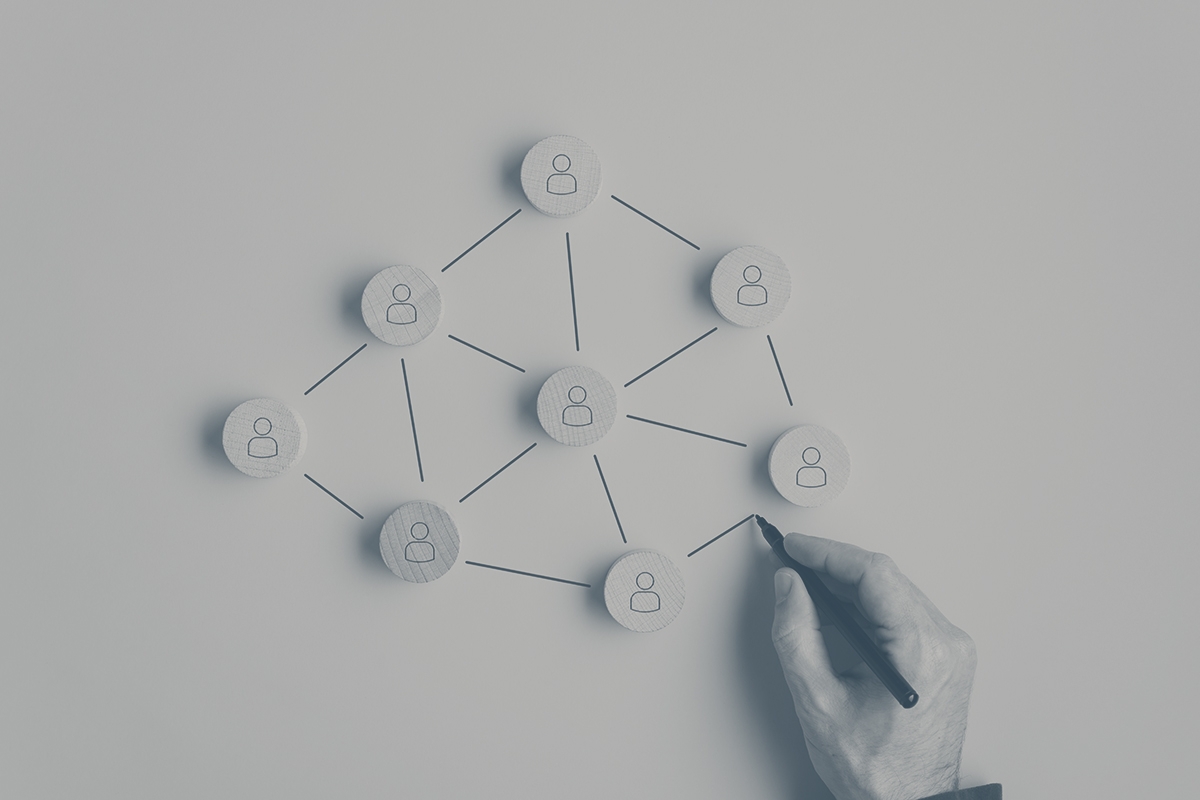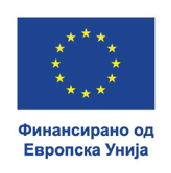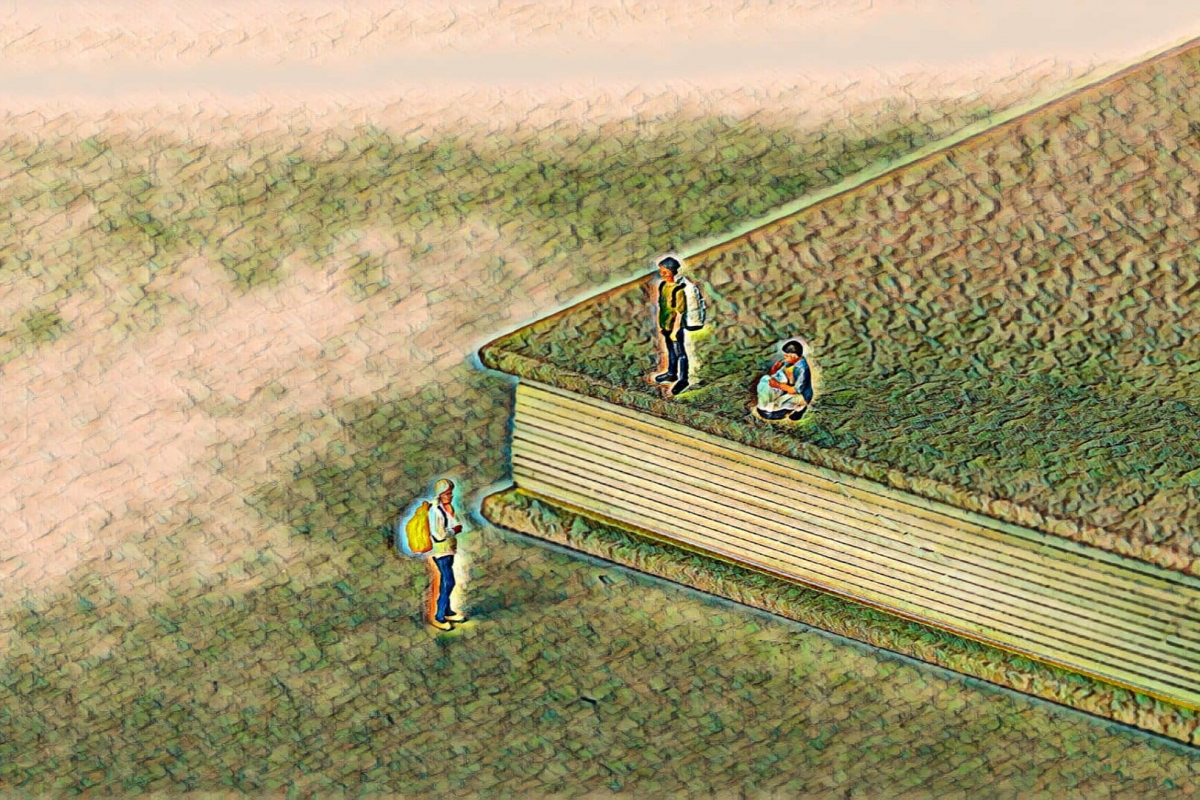
Project description: Throughout history, the multicultural and multi-ethnic Republic of North Macedonia has built values that affect the quality of life of individuals, but also the maintenance and progress of all communities through various historical circumstances. We are witnesses that the contribution of culture and art throughout history is in their constant search for freedom, rule of human rights, mutual respect, understanding, the need to learn from each other, and to create new values. It is within this project that we aim to create a cultural space for different communities that will preserve and nurture the values of the past, but also create new values, and turn our community into a creative and noble place to live. Through appropriate education, networking of young people, and the application of informal educational models, we will mobilize young people for their active involvement in the promotion and protection of cultural values, we will encourage and strengthen the cooperation of young people with the non-governmental sector. Within the project, we will tell stories about the heritage of women from the Republic of Macedonia and promote the principle of equal participation of women and men in all areas of the public and private sectors, equal status and treatment in the exercise of all rights and in development of their individual potentials, through which they contribute to social development.
The general goal of the project is to promote inter-ethnic and inter-cultural dialogue between young people from three cities of the Republic of North Macedonia, through cultural initiatives and activities for reconciliation and social cohesion.
Specific objectives of the project are:
S.C. 1. Strengthening efforts for intercultural and interethnic understanding and respect among young people in the Republic of North Macedonia,
S.C.2. Promoting diversity among young people through cultural exchange and the art of photography;
S.C.3. Strengthening the sense of common belonging of young people in the community, the sense of self-respect and respect for diversity
S.C.4. Promoting the cultural-historical significance of women through photographic revival of the life and works of prominent Macedonian women excluded from the cultural heritage.
Directly involved participants (target group) are 18 young people of different ethnic, religious and gender affiliations from the City of Skopje, the Municipality of Gostivar and the Municipality of Strumica. The second target group is the civic organizations from the three cities that work with young people, and the final beneficiaries of this project are all the citizens of the involved regions. The project is guided by the principles of inclusiveness and participation and it will include an equal number of male and female participants.
The project will be implemented in partnership with experts from the association Initiative for Civil Integrations IGI Gostivar and Organization of Women Strumica. IGI Gostivar manages to provide a space where young people come together to share ideas, resources and experience in order to promote the importance of youth engagement in all aspects of life. Young people recognize IGI's organizational commitment to youth engagement, while building their leadership capacities, considering youth engagement as one of the most important things leading to a healthy society. The Strumica Women's Organization brings valuable expertise, resources and perspectives that contribute to the overall success and impact of the project. The Strumica Women's Organization brings expertise in addressing gender issues, which is essential for promoting inclusiveness and understanding the intersectionality of multiculturalism and gender.
Benefits for the local community would be the following:
1. Increased social cohesion: by encouraging multiculturalism and celebrating diversity, the project helps to build social cohesion in the local community. It creates opportunities for young people from different ethnic backgrounds to interact, learn from each other and develop mutual respect. This increased social cohesion contributes to a more inclusive and harmonious community where people from different backgrounds feel valued and connected.
2. Enhanced intercultural understanding: intercultural understanding will be facilitated by providing platforms for dialogue, cultural exchange and shared experiences. It allows participants to gain insight into different cultures, traditions and perspectives. As a result, the local community benefits from increased intercultural empathy, reduced stereotypes and improved communication between individuals from different backgrounds.
3. Empowering and engaging young people: Through their active participation in the project, young people develop leadership skills, critical thinking skills and a sense of agency. They become empowered to address local challenges related to multiculturalism and initiate positive change.
4. Awareness and Education:
Project implementation period: February 15 - September 15, 2024
Contact person: Bojana Mijović Hristovska, project manager
This activity is made possible by the regional project "Support from the EU for building confidence in the Western Balkans", which is financed by the European Union and implemented by the United Nations Development Program (UNDP).
 |
 |




